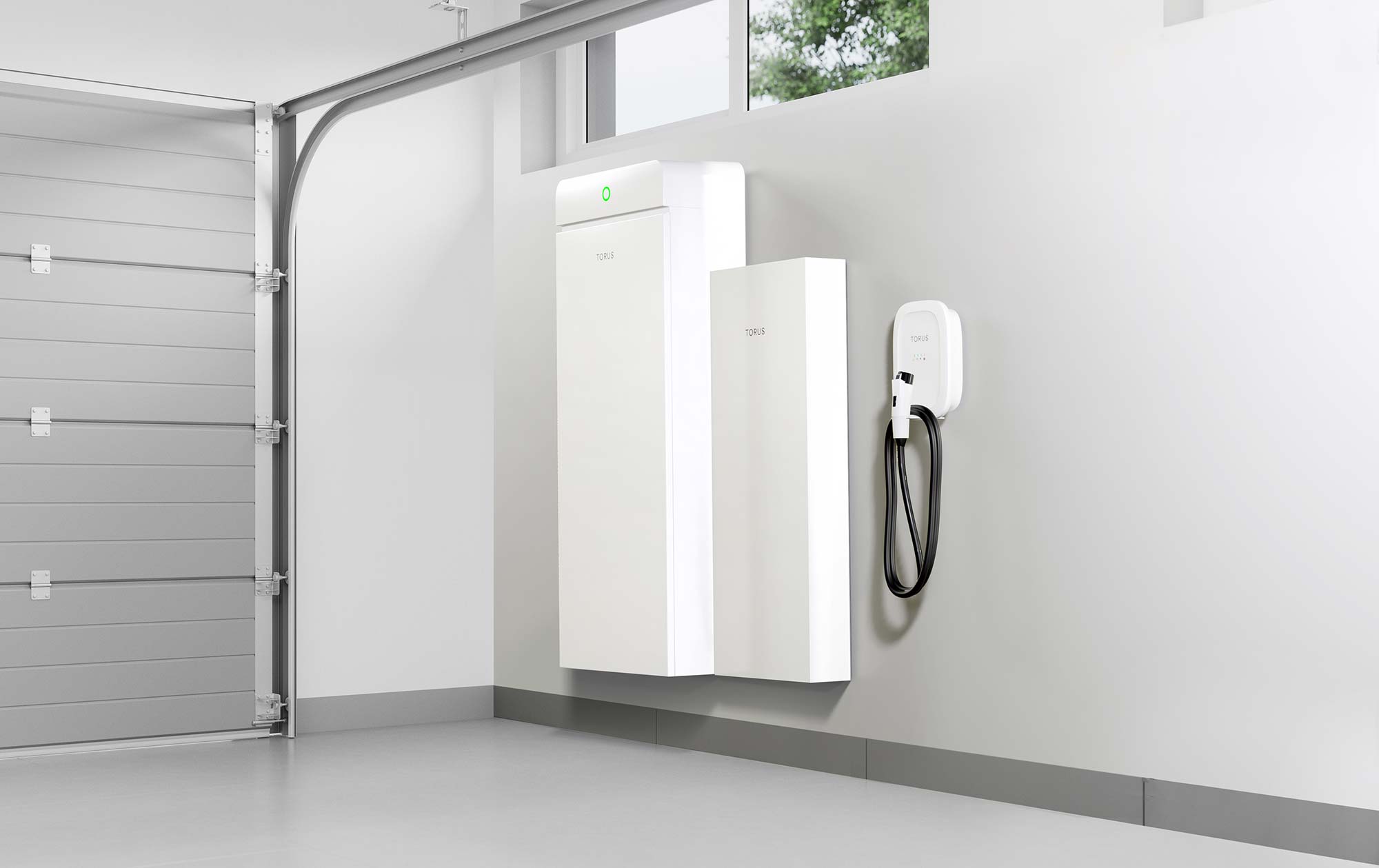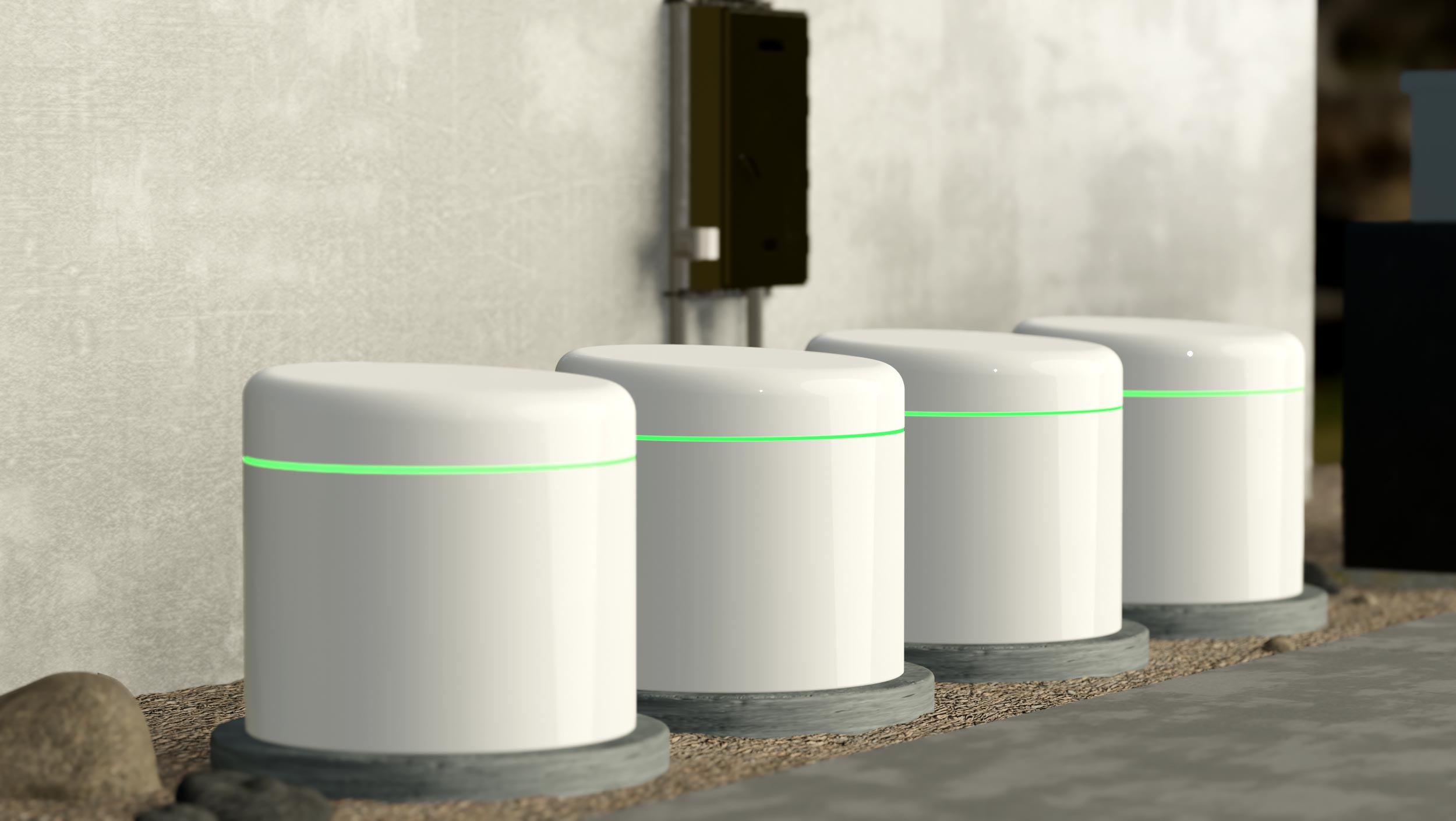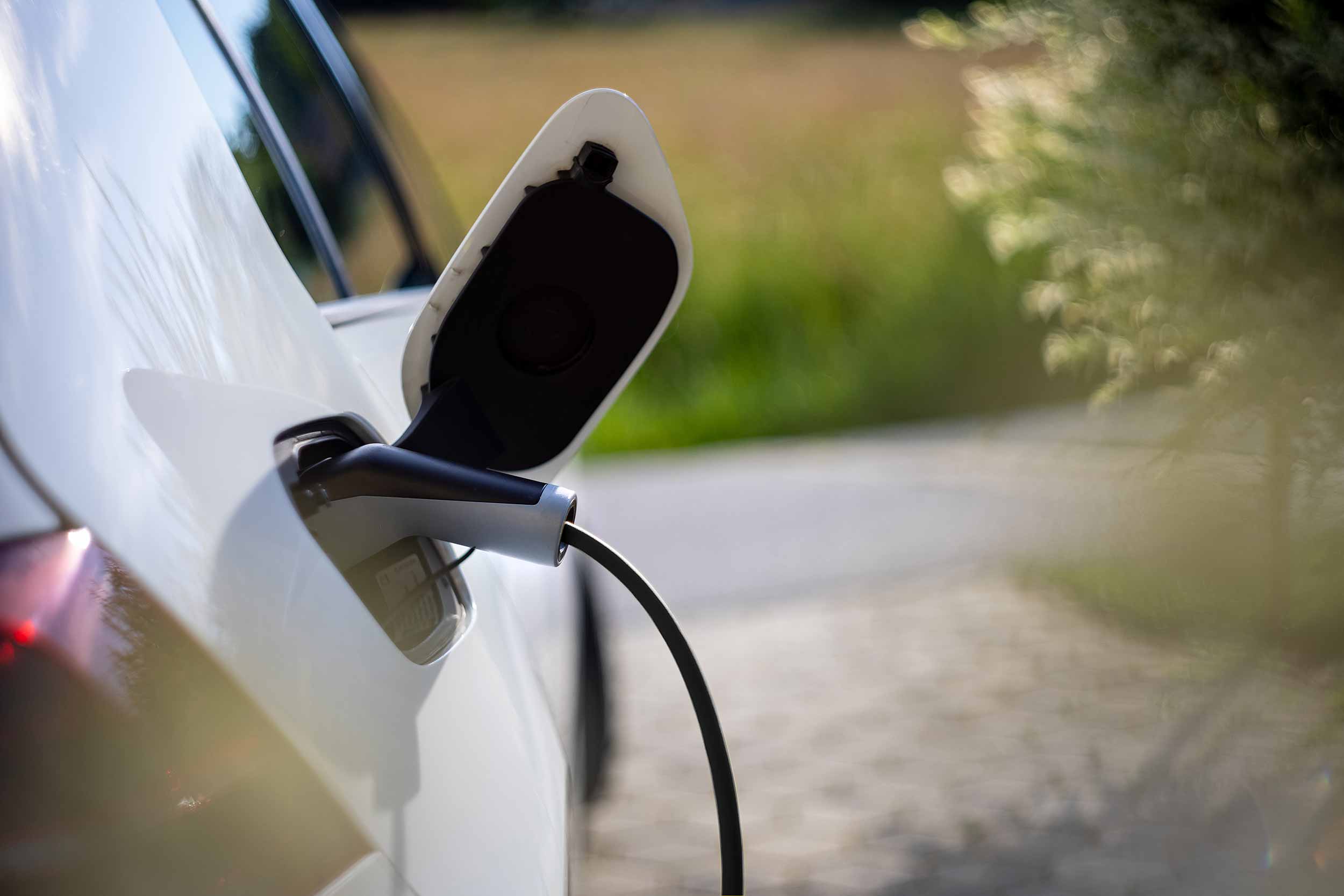What Is a Retail Energy Provider?
Everything you need to know about utility company alternatives
In today's diverse energy landscape, consumers have more options than ever when it comes to their electricity supply. Retail Energy Providers (REPs) have emerged as an alternative to traditional utility companies, offering consumers greater choice and flexibility when selecting their energy source and pricing options. Below, we’ll dive a bit deeper into REPs, including how they operate and they benefits they offer to consumers.
What are Retail Energy Providers (REPs)?
Retail Energy Providers, also known as Energy Service Companies (ESCOs) or Alternative Retail Electric Suppliers (ARES), are entities that sell electricity directly to residential, commercial, and industrial customers. These companies operate in deregulated energy markets where consumers have the freedom to choose their energy supplier instead of being limited to a single utility company.
How do Retail Energy Providers Work?
- Energy Procurement: Retail energy providers procure electricity from various sources, including power plants, renewable energy projects, and wholesale markets. They have the flexibility to curate energy portfolios that meet customer preferences, such as renewable energy-only plans or fixed-rate contracts.
- Pricing Options: REPs offer a variety of pricing options to consumers, including fixed-rate plans, variable-rate plans, and renewable energy plans. Fixed-rate plans provide stability with a consistent rate over a contracted period, while variable-rate plans may fluctuate based on market conditions. Renewable energy plans allow customers to support clean energy generation by sourcing electricity from renewable sources.
- Customer Service and Billing: Retail energy providers handle customer service and billing, including inquiries, account management, and bill processing. They are responsible for ensuring a seamless experience for their customers, addressing any concerns or issues that may arise.
Benefits of Retail Energy Providers:
- Consumer Choice: REPs empower consumers with the freedom to choose their energy supplier based on their preferences, whether it be renewable energy, competitive pricing, or specialized customer service. This choice fosters healthy competition in the energy market, driving innovation and customer-focused solutions.
- Pricing Flexibility: Retail energy providers offer a range of pricing options, allowing customers to select the plan that best aligns with their budget and energy needs. Fixed-rate plans provide stability and predictability, while variable-rate plans offer potential savings during periods of lower energy demand.
- Renewable Energy Options: Many retail energy providers prioritize renewable energy procurement and offer renewable energy plans. This allows customers to support clean energy generation and reduce their carbon footprint without the need for installing their own renewable energy systems.
- Enhanced Customer Service: With a focus on customer satisfaction, retail energy providers often offer personalized customer service, timely response to inquiries, and convenient online account management. This emphasis on customer experience sets them apart from traditional utility companies and cultivates a positive relationship with consumers.
- Innovation and Energy Efficiency: REPs often promote energy efficiency and conservation through various programs and initiatives. They may provide energy-saving tips, offer incentives for energy-efficient appliances, or partner with customers to implement energy management strategies.
The Torus Station is the most effective way to create, store, and manage clean, renewable energy at home. Curious? Learn more! Interested in a free consultation? Get in touch! Ready to commit? Customize your system.




